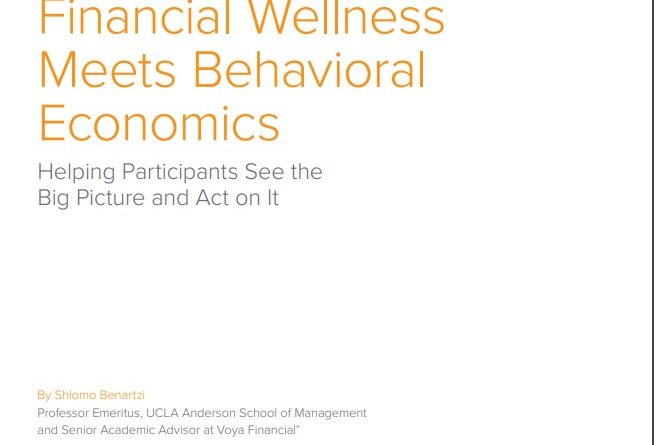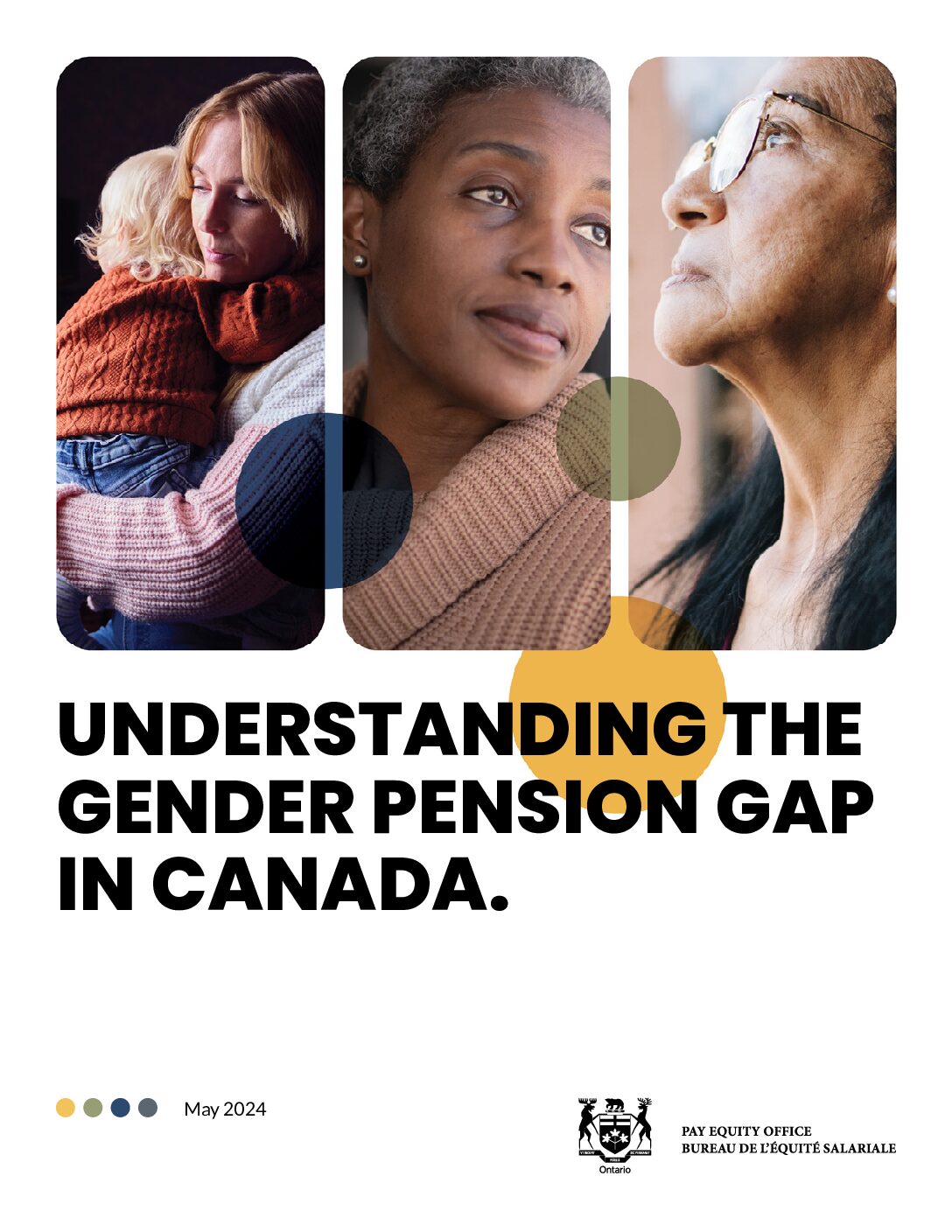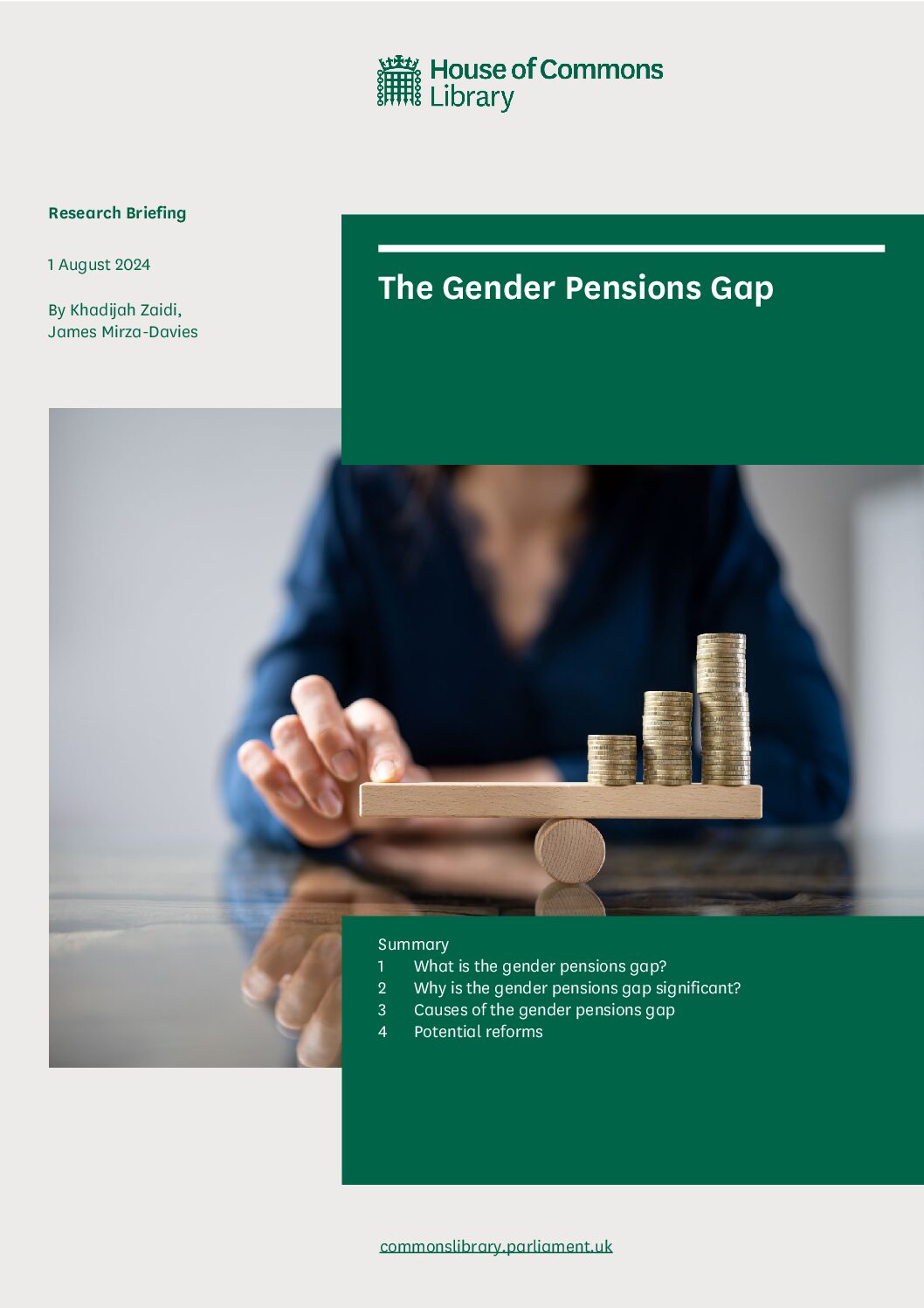Financial Wellness Meets Behavioral Economics
By Shlomo Benartzi
Helping Participants See the Big Picture and Act on It
The financial lives of American workers have become increasingly complicated in the 21st century. Instead of relying on an employer pension, most workers now save on their own, a shift that brings both opportunities and challenges. In addition, workers have to effectively allocate these savings across different financial products and accounts. Should they fund their 401(k) account or emergency savings account? Should they choose a high-deductible health plan and put their savings in an HSA? Should they pay off their student debt, or start saving in a 529 education account? Given the complexity of the alternatives, making the right choice requires workers to see the big picture.
Source: @Voya











